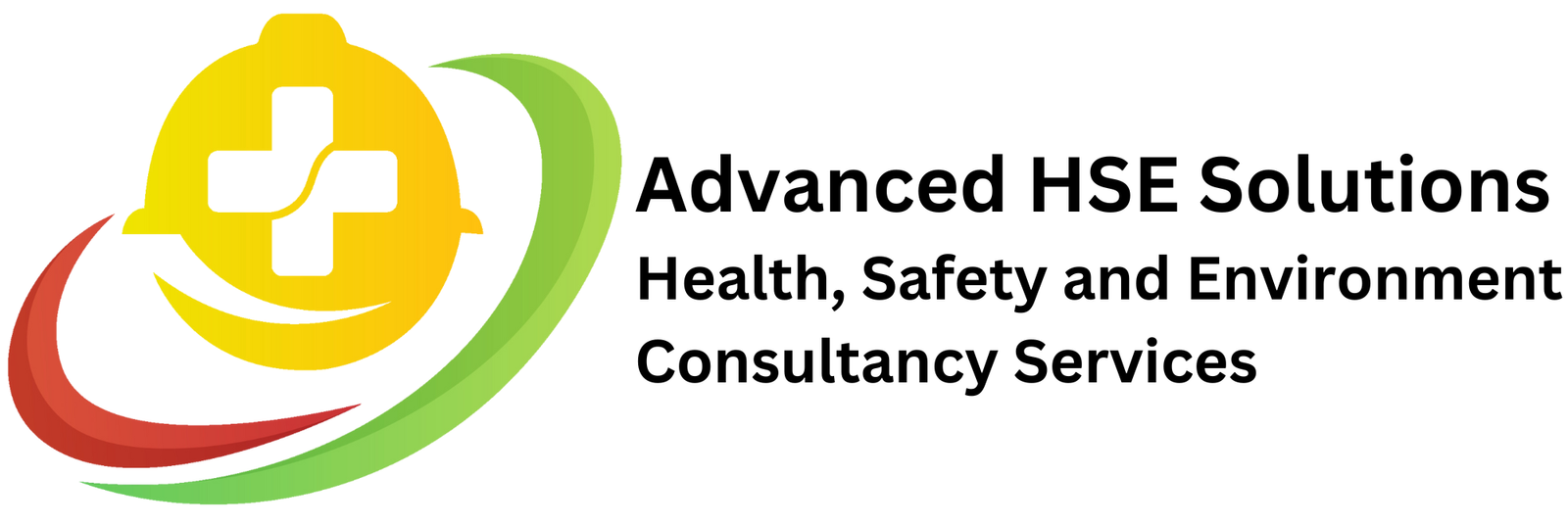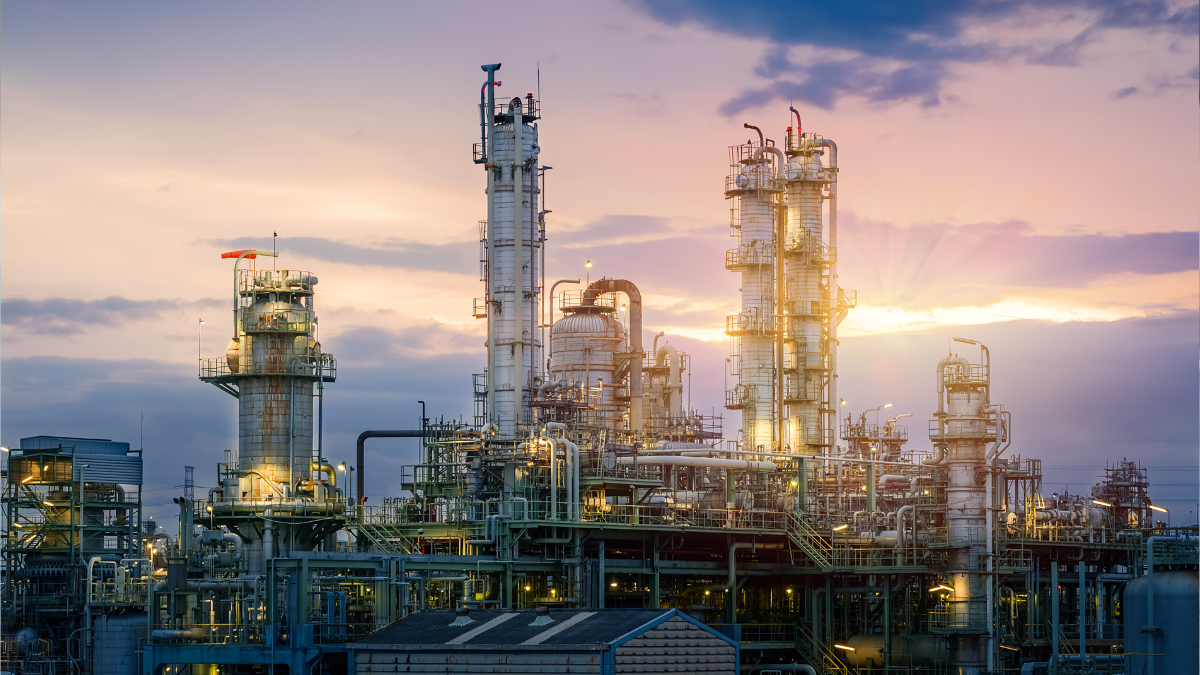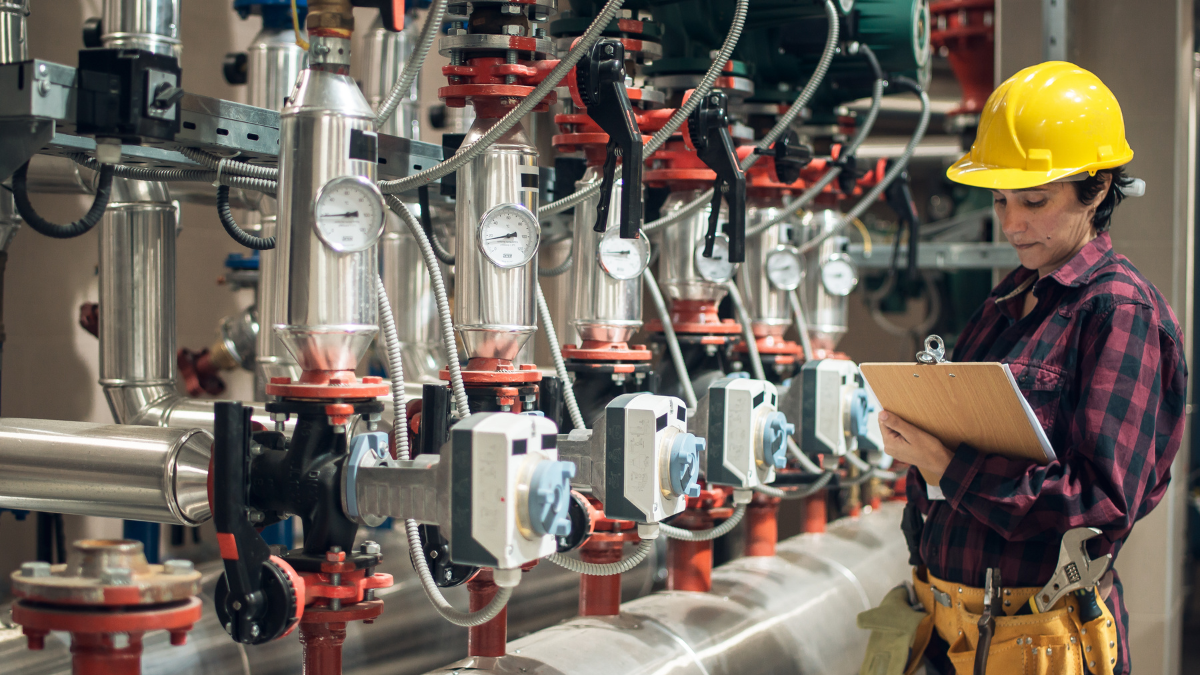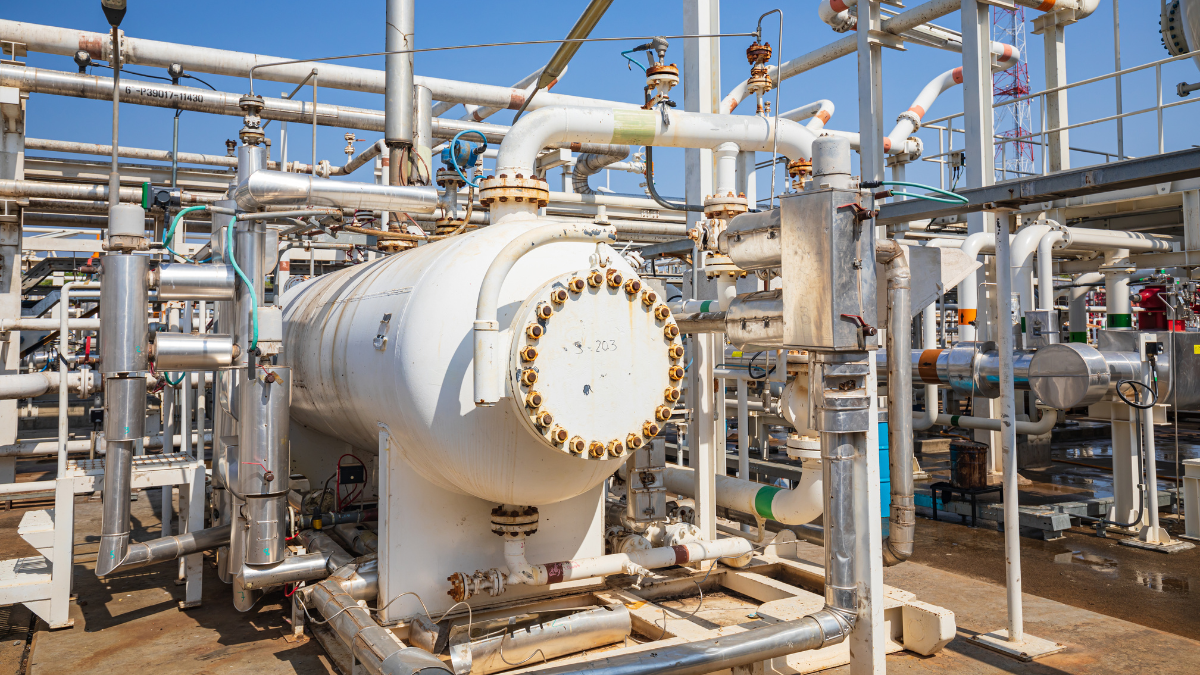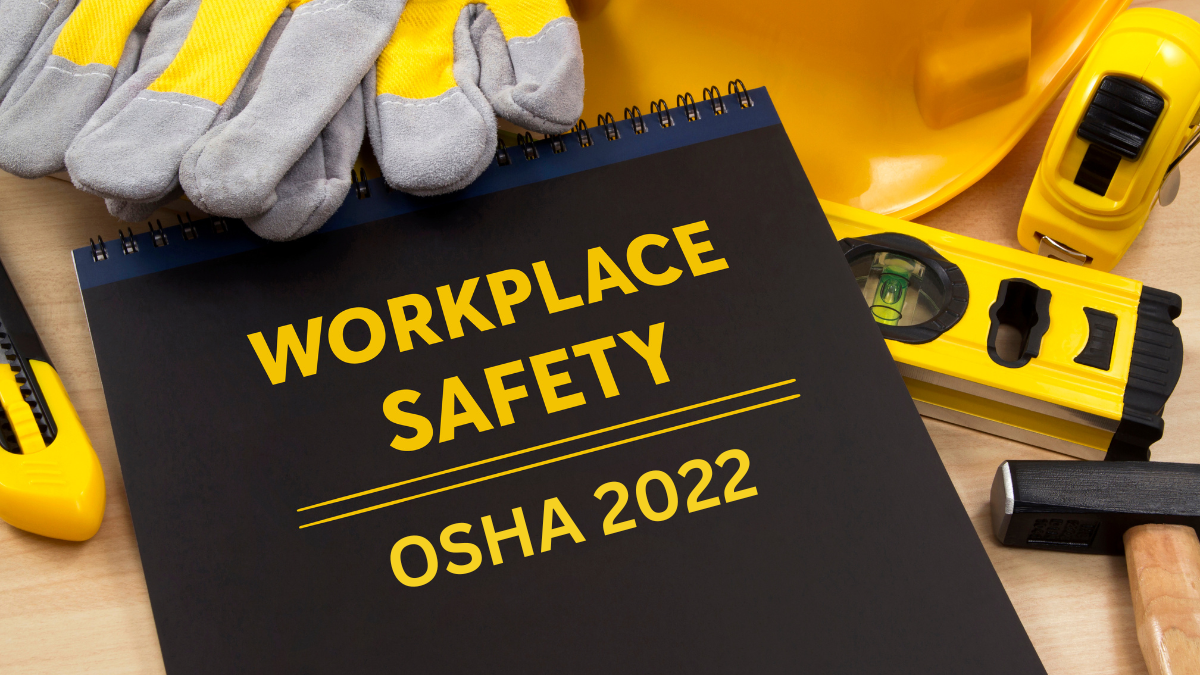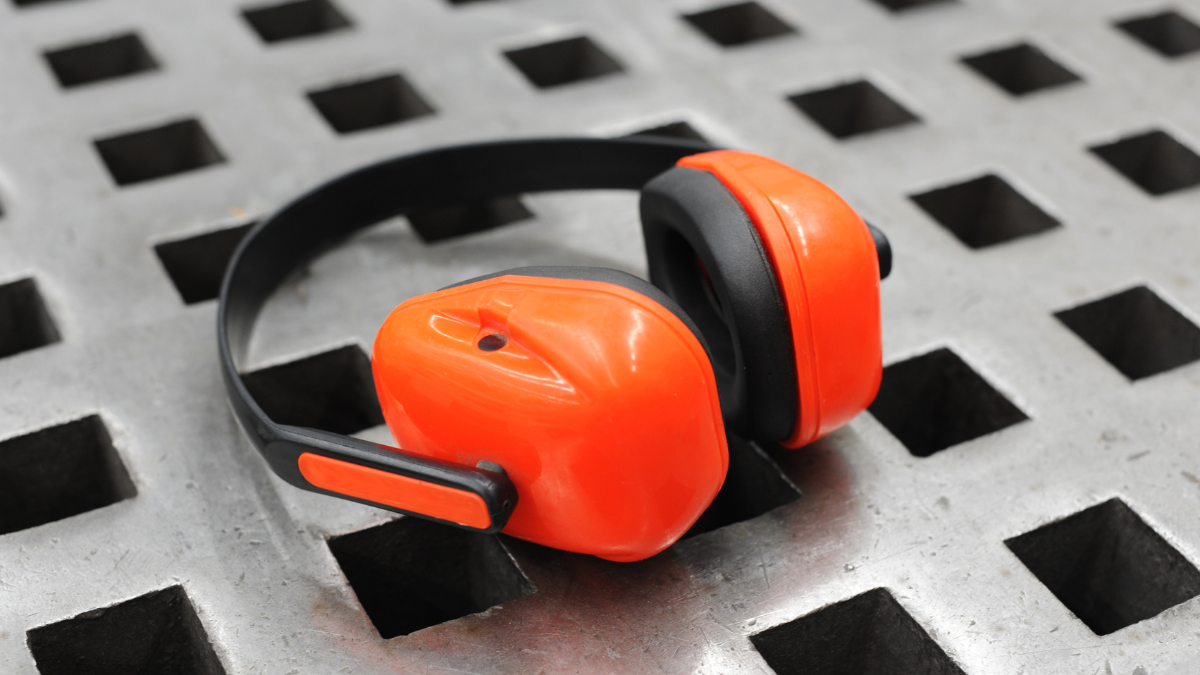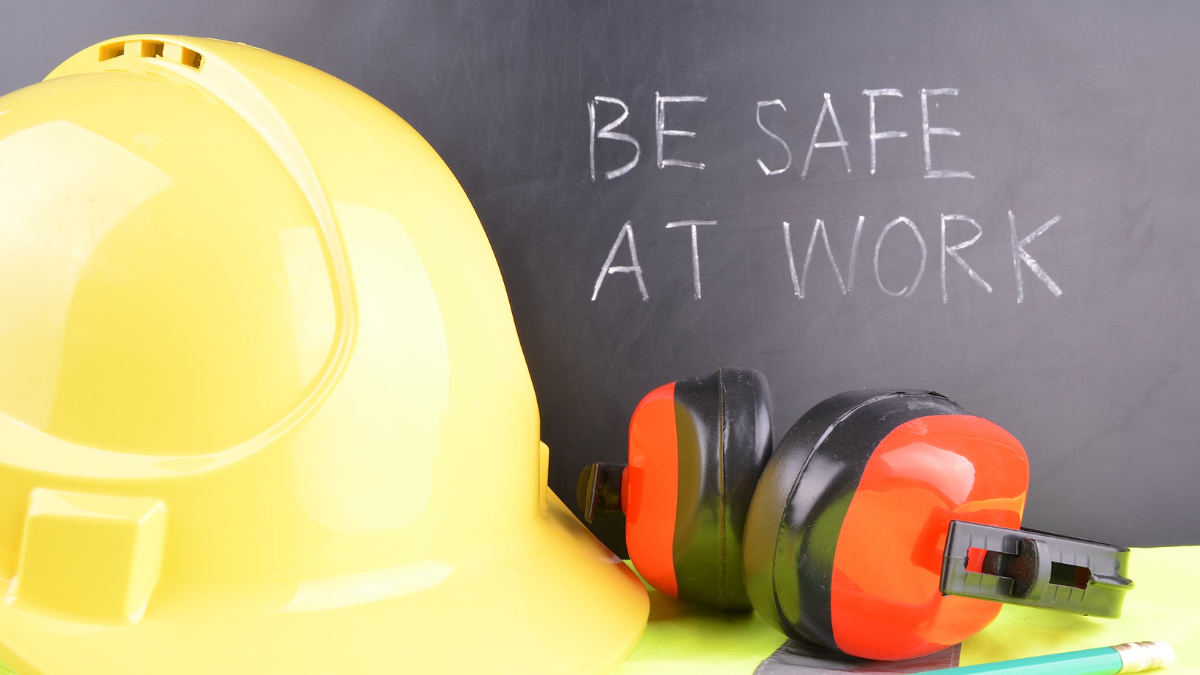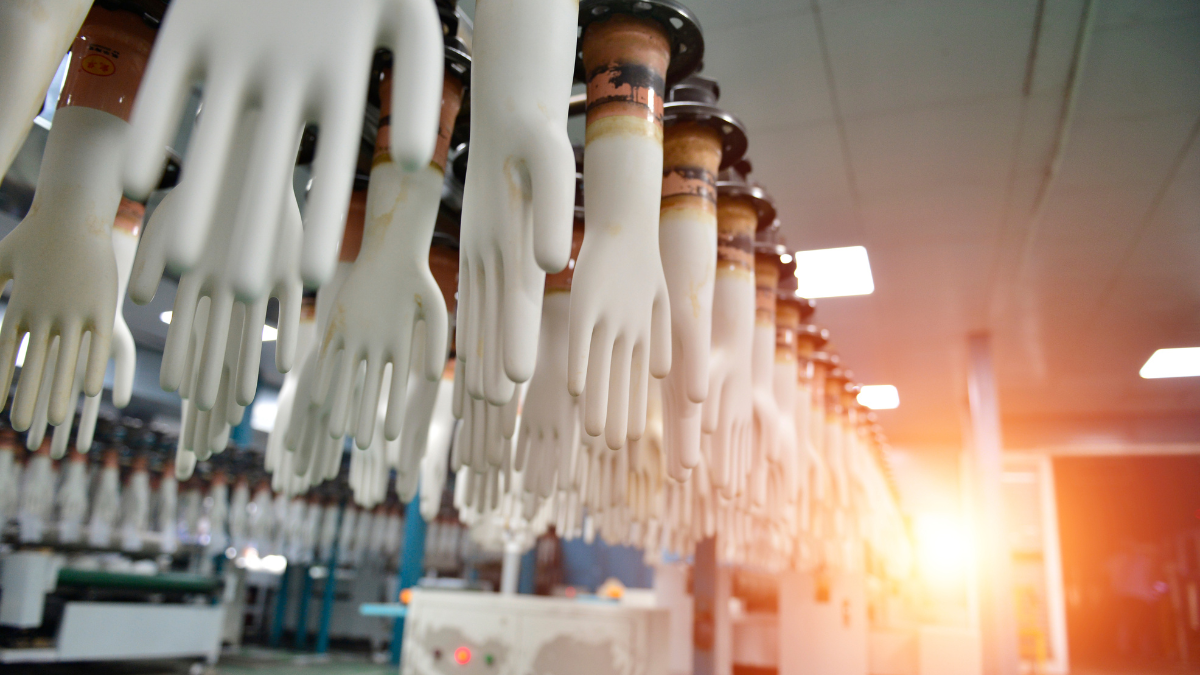Table of Contents
Introduction: Simplifying DOSH Registration
Let’s face it, regulations and compliance can sometimes feel intimidating—especially if you’re running a business involving specialized machinery or plants. But don’t worry! Today, we’re diving into DOSH Registration (or as you might have heard it called, “Pendaftaran Loji”) in Malaysia, focusing on the big three: PMT (Pressure Vessels), PMD (Steam Boilers), and PMA (Lifting Equipment).
Think of DOSH Registration as the driver’s license for your machinery. Just as you wouldn’t drive without a license, your plant shouldn’t operate without this essential certification.
So grab a cup of coffee, and let’s simplify this together!
Understanding DOSH Registration (Pendaftaran Loji)
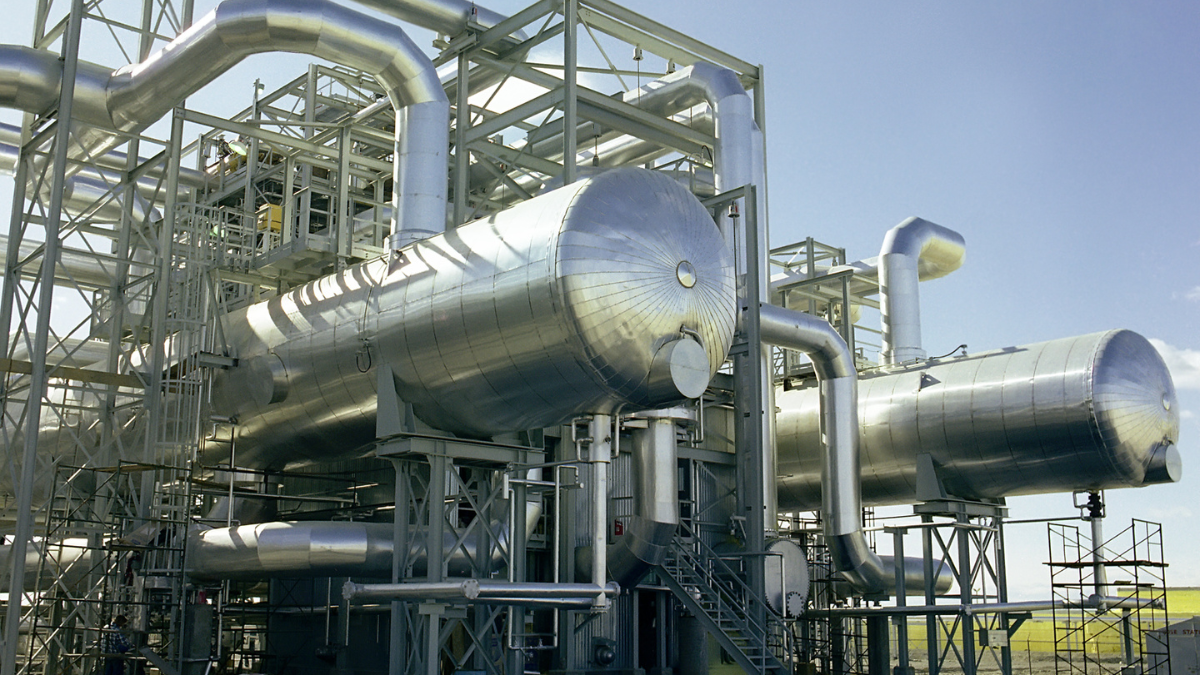
DOSH stands for the Department of Occupational Safety and Health, which ensures workplace safety across Malaysia. “Pendaftaran Loji” is a registration that proves your plant equipment is safe, reliable, and compliant with safety standards.
Specifically, three types of equipment require mandatory DOSH certification:
PMT (Perakuan Mesin Tekanan)
PMD (Perakuan Mesin Dandang)
PMA (Perakuan Mesin Angkat)
By adhering to these regulations, you’re not only complying with Malaysian laws but also safeguarding your employees and business operations.
Key Regulations & Requirements
In 2024, Malaysia introduced the Occupational Safety and Health (Plant Requiring Certificate of Fitness) Regulations—also known as PUA 99. This comprehensive regulation outlines clear guidelines about equipment safety, maintenance, and certification.
If you manage plants or industrial equipment in Malaysia, you’ll want to ensure full compliance with these guidelines, as DOSH regularly conducts inspections and reviews of registered equipment.
PMT (Perakuan Mesin Tekanan): Keeping the Pressure Under Control
In 2024, Malaysia introduced the Occupational Safety and Health (Plant Requiring Certificate of Fitness) Regulations—also known as PUA 99. This comprehensive regulation outlines clear guidelines about equipment safety, maintenance, and certification.
If you manage plants or industrial equipment in Malaysia, you’ll want to ensure full compliance with these guidelines, as DOSH regularly conducts inspections and reviews of registered equipment.
PMD (Perakuan Mesin Dandang): Turning Heat into Productivity
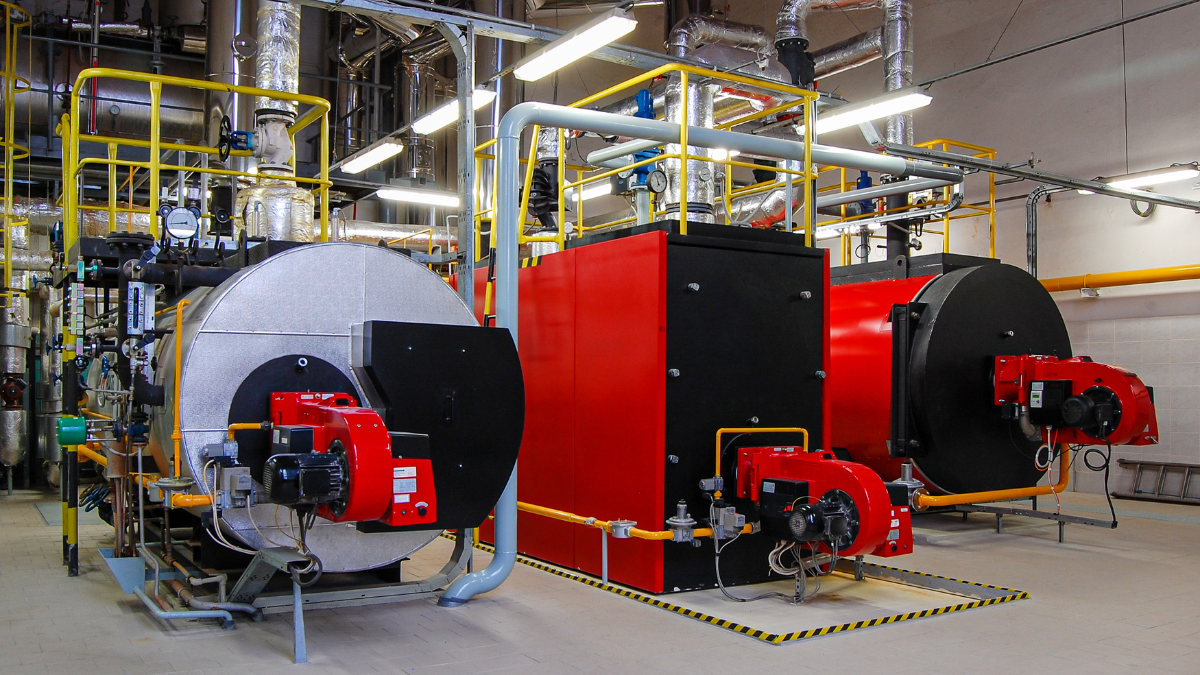
Steam boilers (PMD) generate steam for heating, powering engines, and industrial processes. They’re powerful, yet they must be handled with care.
DOSH ensures boilers are operating safely by requiring:
Design verification
Regular maintenance inspections
Functional tests for safety devices
Picture a well-run factory—boilers humming efficiently, machinery working seamlessly—this smooth operation is precisely what DOSH aims to ensure.
PMA (Perakuan Mesin Angkat): Elevating Safety Standards
From cranes towering over construction sites to the elevators in shopping malls, PMA is everywhere.
Common lifting equipment covered under DOSH includes:
Tower cranes (Kren Menara)
Mobile cranes (Kren Bergerak)
Passenger lifts (Pengangkat Penumpang)
The registration process for lifting equipment involves:
Detailed inspections
Load testing
Safety feature evaluations
Imagine a crane lifting a massive steel beam—wouldn’t you feel safer knowing every inch of it has been inspected and approved? That’s exactly the assurance DOSH certification provides.
Application and Inspection Process Made Easy
Applying for DOSH Registration isn’t complicated, but it does require attention to detail:
Apply for Design Verification: Submit your equipment designs for approval.
Initial Inspection: DOSH inspectors will thoroughly examine your equipment.
Periodic Inspections: Expect routine checks every 15 months.
Ever had your car inspected at a workshop? DOSH inspections feel similar—thorough yet manageable if your equipment is maintained regularly.
Your Responsibilities as a Plant Owner

Owning registered machinery means committing to ongoing responsibilities, including:
Regular maintenance
Immediate reporting of malfunctions or safety issues
Keeping detailed maintenance and inspection records
It might sound tedious, but it’s like regular dentist visits—consistent check-ups prevent costly issues later!
Fees and Costs: Investing in Safety
While DOSH registration involves some costs, they’re investments in safety and compliance.
Fees vary by equipment type and size. For instance:
PMD verification could range between RM500–RM2,500 depending on size.
PMA inspections might cost between RM350–RM2,000, varying by equipment complexity.
Think of these fees as your insurance—ensuring that small issues don’t balloon into expensive breakdowns or fines.
Importance of Compliance: Safety First!
Non-compliance isn’t just risky; it’s costly. Penalties include fines up to RM100,000, jail terms, or both.
More importantly, compliance means fewer accidents, less downtime, and greater peace of mind. Remember, safety isn’t expensive; it’s priceless.
Frequently Asked Questions (FAQs)
Q: How long does DOSH Registration last?
A: Certification lasts for 15 months before renewal inspections are needed.
Q: What happens if my equipment fails inspection?
A: You’ll have time to rectify the issues and reapply, though immediate corrective actions are expected.
Q: Can I operate machinery pending DOSH approval?
A: Equipment should only be operated after successful registration and certification.
Q: What is a “Perakuan Kuasa,” and is it required for operating my plant equipment?
- A: “Perakuan Kuasa,” or Certificate of Authorization, is an official certification issued by DOSH to verify that a person is authorized and competent to operate or maintain specific machinery. Having personnel with valid Perakuan Kuasa ensures compliance and helps maintain safety standards as outlined by DOSH.
Wrapping Up: Take Action Today
Getting your PMT, PMD, and PMA equipment DOSH certified doesn’t have to feel overwhelming. It’s about ensuring that your operations run safely and smoothly with reliable inspection services.
So, why wait? Reach out to a certified provider of DOSH registration and inspection services today, and sleep easier knowing your equipment—and your business—are in good hands.
Stay safe and compliant! Remember, a little attention today saves big headaches tomorrow.
